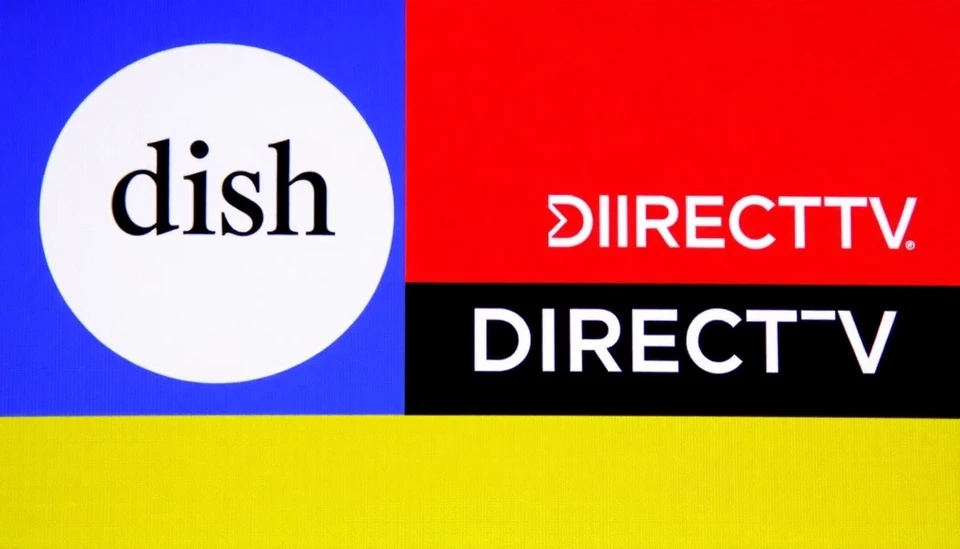
In a significant development within the telecommunications industry, lenders backing DISH Network have voiced strong concerns regarding the ongoing merger discussions with DIRECTV, labeling the current proposal as “unworkable.” This striking assessment reflects growing apprehensions about the feasibility of merging the two entities amidst a rapidly evolving market landscape characterized by shifting consumer preferences and increasing competition.
The critical stance from DISH’s lenders comes as the company contemplates a strategic consolidation that would bring together two major players in the satellite television sector. Despite facing significant financial hurdles and fierce competition from streaming services, DISH has been exploring ways to bolster its market position, and the merger with DIRECTV has been positioned as a potential means to achieve this aim. However, lenders have raised alarm bells about the viability of such a deal, highlighting a cacophony of strategic and operational challenges that could undermine the merger's potential success.
Concerns have also been raised regarding the existing debts carried by both DISH and DIRECTV, which could impede their ability to create synergies and realize meaningful cost efficiencies if the merger is finalized. The debt-laden finances of DISH are compounded by an ongoing struggle to attract subscribers amid a broader industry trend where consumers are increasingly leaning towards on-demand streaming services. With audiences moving away from traditional cable and satellite options, the business models of both companies face intense scrutiny and pressure.
Furthermore, the lenders have reiterated their doubts about the merger's implications for market competition, raising questions about whether such a consolidation might lead to elevated prices and diminished service quality for consumers. They emphasize that maintaining robust competition is crucial not just for consumers but also for the health of the telecommunications sector overall.
As DISH seeks to navigate this challenging climate, it remains essential for the company's leadership to address these lender concerns proactively. Showcasing a robust strategy that illustrates how the merger can create value for both companies, while simultaneously alleviating fears around debt and competition, will be vital if they intend to move forward with their proposed plans.
With discussions ongoing and uncertainty clouding the future of both DISH and DIRECTV, stakeholders are keenly watching how the situation unfolds. If the merger cannot be structured in a way that satisfies lenders and other market participants, DISH may need to explore alternative strategies to secure its footing in an increasingly competitive digital landscape.
The coming weeks will likely hold significant developments in this potential merger, making it a critical topic for investors, analysts, and consumers alike. The fate of this proposed consolidation hangs in the balance, with key players working to determine not only the viability of the merger but also the broader implications for the industry as a whole.
As these high-stakes negotiations continue, the landscape of telecommunication services may be forever altered, potentially reshaping how consumers access entertainment and information in the years to come.
#DISH #DIRECTV #Merger #Telecommunications #MarketCompetition #Streaming #Lenders #DebtIssues #ConsumerPreferences
Author: Samuel Brooks




